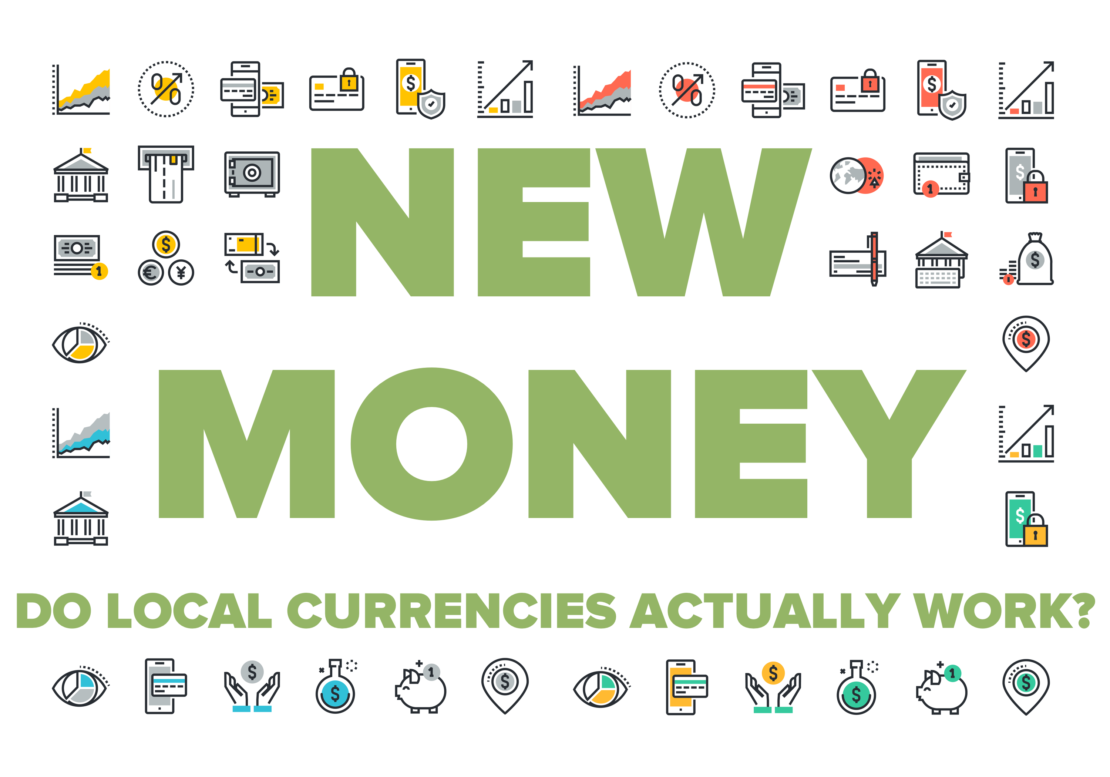
New money: Do local currencies actually work?
It's lunchtime at Glasgow Chambers in late November, and Councillor George Redmond is getting worked up at the prospect a Glasgow Pound. "We would be Glasgow-centric about it," he says conspiratorially, as though there is any other way to be. "Can you imagine having the face of Billy Connolly on our local currency? Or Alex Ferguson, or Kenny Dalglish?"
Inventing an alternative to sterling might sound far-fetched, even illegal. But it's not that strange. In the UK we think of the pound like fish think about water, which is to say not at all. It might never have occurred to many of us that there are other types of exchange that can stand in for ragged bank notes tucked away in pockets, or other objects that can stand in for those notes.
Not every country is so lucky. In crisis-hit Greece, where the euro can be hard to come by, businesses and citizens have turned to bartering using a points system where goods like pianos, pot and pans can be exchanged for security services or loaned farming equipment. In India last year, desperate people burned sacks of illegal cash after the government withdrew two high-denomination notes as part of a crackdown on corruption. Hoarders woke up to discover the banknotes under their mattresses were suddenly worthless.
The pound has been trading at its lowest level since 1985 since the UK voted to leave the European Union and there are fears that it could dip further as Brexit ensues. Timebanks, local exchange trading systems (LETS) and digital inventions like bitcoin can provide alternative ways for people to pay for goods and services when mainstream currencies hit crises. But they will only work if Britons are ready to accept that they have the power to invent their own currency.
"At the moment, if the pound stops working for us, the whole economy grinds to a halt because there aren't alternatives," Duncan McCann, a researcher at the New Economics Foundation, tells those gathered in a gilded room at Glasgow Chambers to discuss the Glasgow Pound. McCann is a long-time advocate of alternative means of exchange. He is behind the ScotPound, a proposal for a new national currency for Scotland that emerged after the referendum on Scottish independence. It's an idea he no longer thinks will work, because the debate, since Brexit, has shifted from the currency issue back to ideas about Scottish independence.
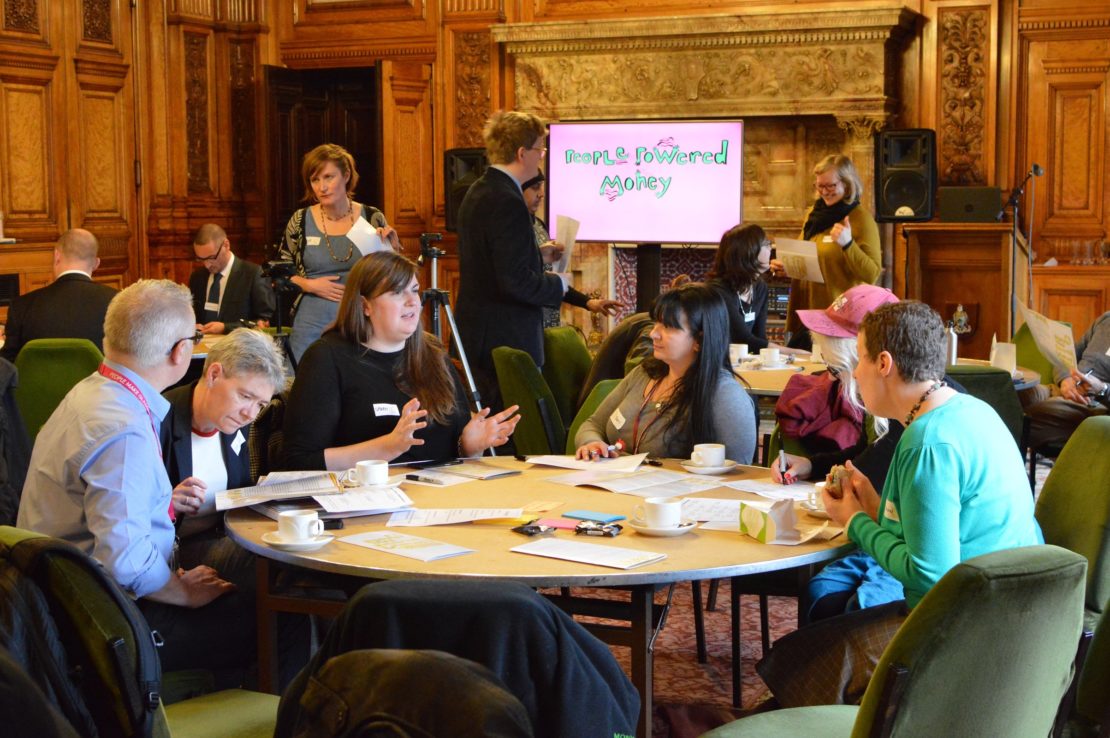
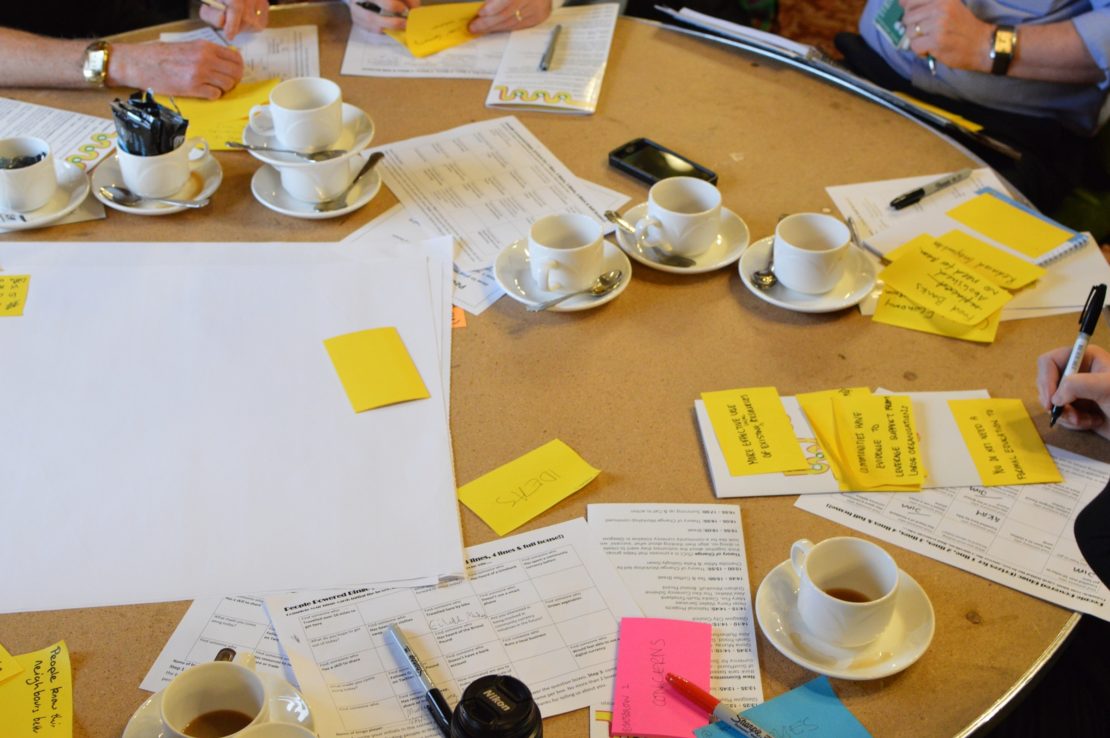
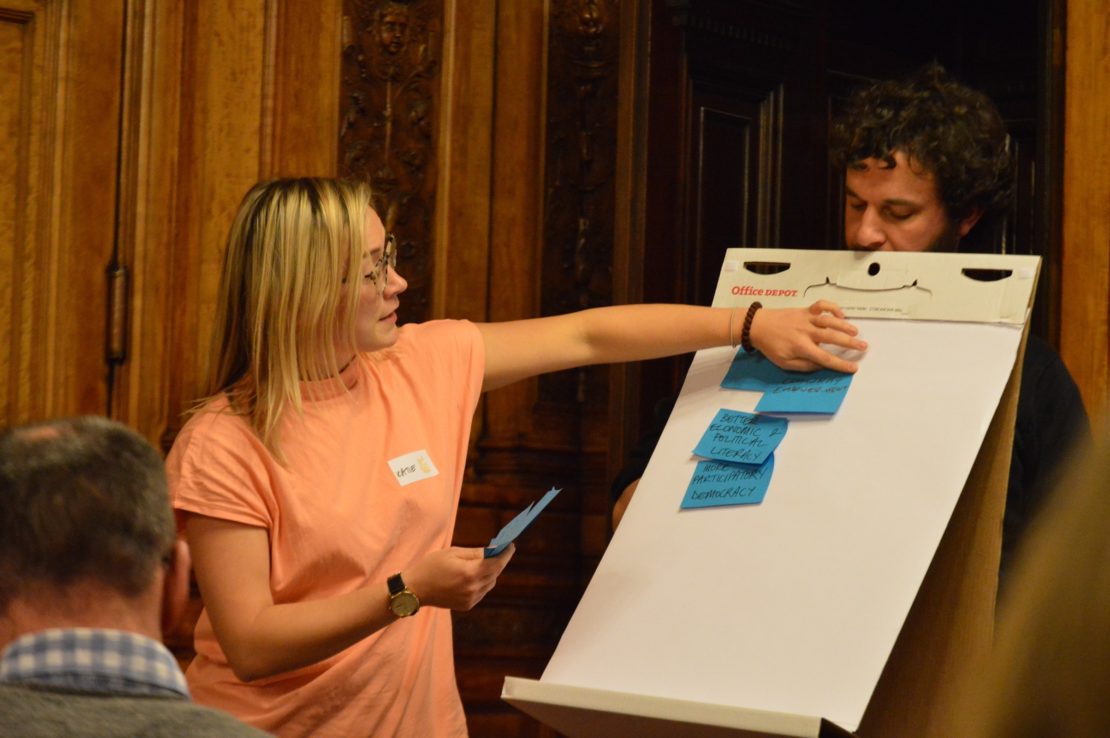
Today, he's preaching to the converted. Alex Walker, the chairman of the 250-person Ekopia community in Northern Scotland, listens at the back. The Eko has been the main means of buying everything from beer to bananas in Ekopia since Walker founded it 20 years ago. On an adjacent table, Tracy Duff, a community learning and development worker from Clackmannanshire Council, digs out some papers. She runs the Clacks Youth Timebank, a scheme where 12- to 15-year-olds can earn credit for volunteering. Taking notes up front is Ailie Rutherford, one of the people who organised the meeting. Rutherford runs the People's Bank of Govanhill, a currency that changes value depending on the income of the user. "I don't see any reason why we shouldn't invent our own currency and play with it," she says.
Everyone has gathered to decide what a Glasgow Pound might look like at a time when many are asking if local currencies can work at all. Councillor Redmond says Glasgow has been closely watching existing alternative currencies like the Brixton Pound in London, which was introduced in 2011.
The founders of the Brixton Pound wanted to do something to stop 80p of every £1 spent locally from leaking out of the area into the pockets of corporations, at the expense of small local traders. So they printed a currency that would have the same value as the pound, but could only be traded in independent Brixton shops, where the shopkeeper would also have to spend it locally. This year the Brixton Pound got its own cashpoint, from where people can withdraw local banknotes bearing colourful images of local heroes, like David Bowie and secret Agent Violette Szabo, to spend in over 150 local shops. It can also be used by residents to pay council tax and by employers to pay wages.
Sign up to our newsletter
No two local currencies are exactly the same. But the Brixton Pound and other recent schemes follow the example ten years ago of the Totnes Pound, a 'complementary currency': that is, one supplementing the national currency. As fears for financial stability took hold during the recession, complementary currencies grew in popularity. The Bank of England does not consider these forms of currency legal tender, but the notes hold value in the same way as a gift-card from a department store, with the same kind of restrictions about where they can be spent. Proponents say complementary currencies boost spending in smaller geographical areas, which can have environmental benefits as businesses cut transport distances to deal with local suppliers. Detractors say they have no real economic impact and work only as a game for the middle classes, who can afford to buy from independent shops rather than chains.
In Britain, there are now schemes in Totnes, Lewes, Brixton, Bristol and Exeter. Hull has its own local digital currency that can be earned from volunteering and used to pay council tax. Kingston, Birmingham and Liverpool have schemes underway. Glasgow could be next. But the working group has some serious questions to answer first, not least: do complementary currencies actually work?
"People don't understand money," Molly Scott Cato, Green MEP for the South West of England and Gibraltar, says over the phone.
Scott Cato says the fish-in-water problem – the idea that sterling is so ubiquitous, it is never questioned – is the biggest challenge for complementary currencies. She knows all about it as a founder of the Stroud Pound in 2010, a currency that has since gone out of circulation.
"[People] think they put money into a bank and someone else takes it out. What they don't understand is that banks have the power to create money. We've given the power to create money to private corporations and people don't understand that we can have it back," she says.
In Stroud, suspicion of the local currency among local businesses became a barrier to success. Scott-Cato said traders refused to join the scheme because they were "running a business", as though putting the community first and placing the needs of others as equivalent to their own was in itself bad business practice, or as though they were somehow being disloyal to sterling.
The Bristol Pound (£B) entered into circulation in September 2012. By June 2015, 1m £B had been issued, with £B700,000 of that still in circulation. In a population of some 450,000 people, that's the equivalent of each Bristolian carrying less than £B2 in change in their pocket.
"The small scale is a problem and a strength," says Stephen Clarke, chief financial officer of the Bristol Pound. "The benefit comes from the fact that local currencies are trusted organisations: we're a Community Interest Company limited by guarantee." That means assets owned by the the Bristol Pound have to be used for the good of the community, rather than purely for profit.
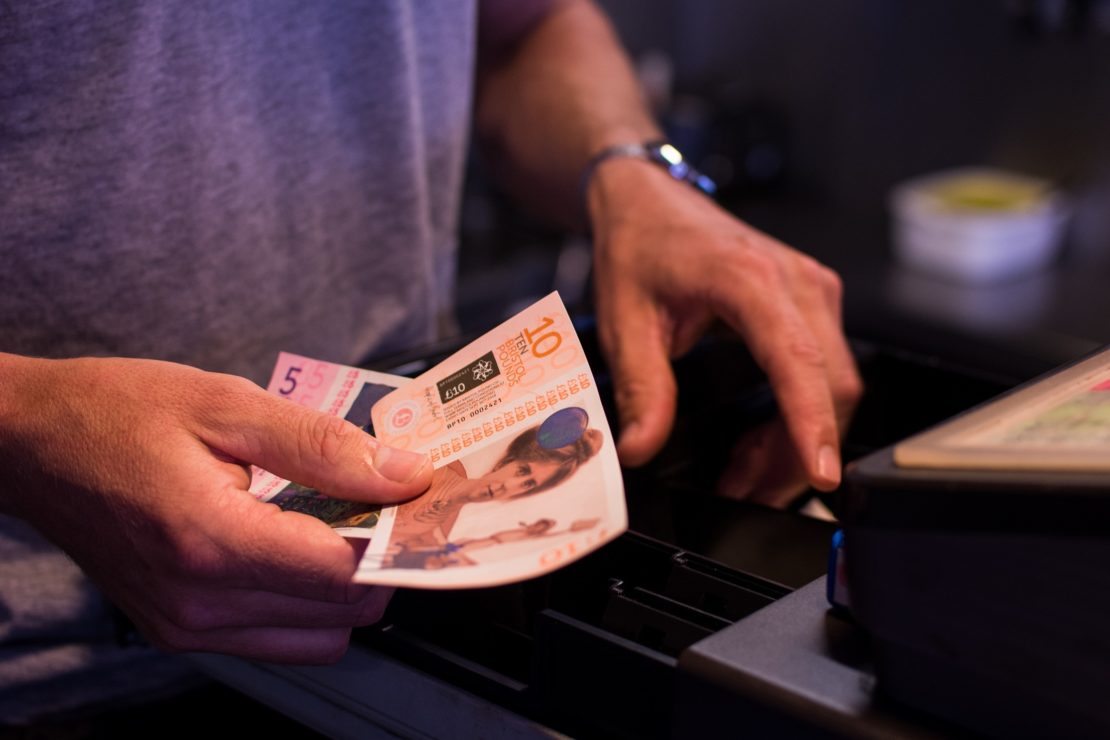
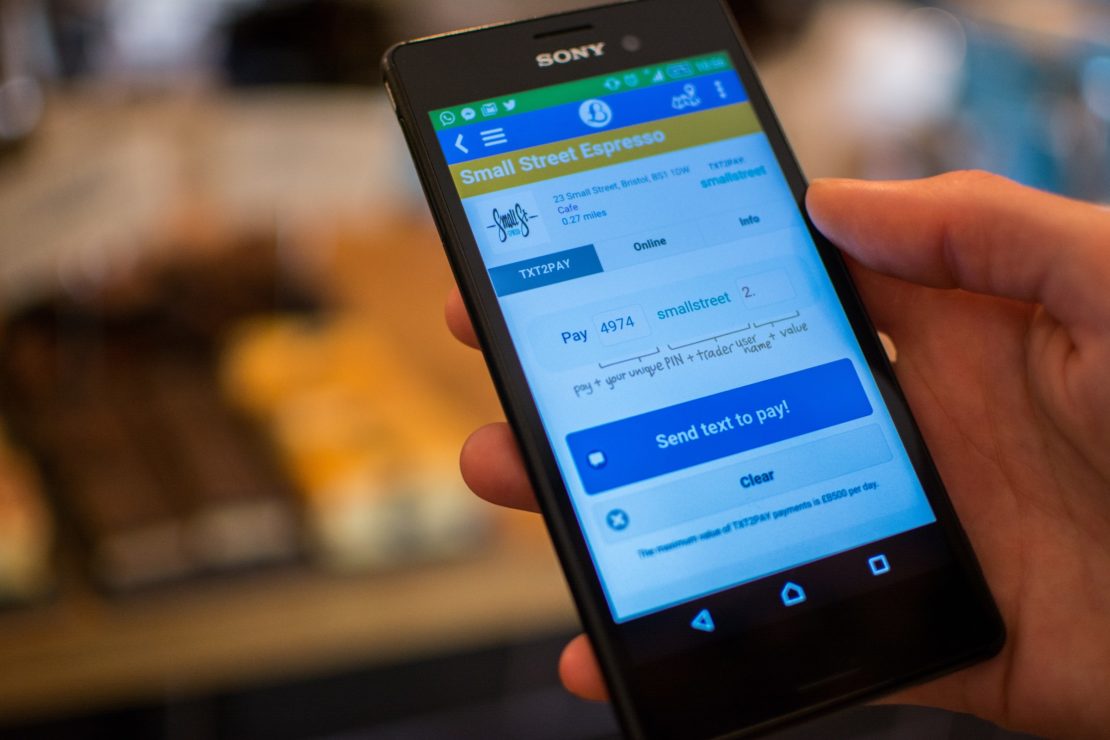
Without enough currency in circulation, it ceases to work. Scott-Cato says Stroud's size meant meant the Stroud Pound was never viable: "We couldn't get the velocity of circulation right, which contrasts with the Bristol Pound."
Clarke also says the small scale of local currencies means they are "always scrabbling around looking for money". One way founders of the Bristol Pound have addressed his is by setting up an umbrella organisation, the Guild of Independent Currencies, to share information between local currencies in the UK and help new organisations. "At the moment we're all reinventing the wheel every time," Clarke says.
Technology might also have a solution. Peter Ferry, a commercial director, travels to Glasgow to tell those working on the Glasgow Pound that that his company Wallet has come up with a way to use the blockchain, the technology behind bitcoin, to make it easier for people to use multiple types of currency. "There might be many currencies around the country that people want to use. We need to make it simple for them to do that and also to make it simple to earn these currencies in many ways," he says.
Size doesn't always matter. Sometimes, the smallest places – like Totnes and the Ekopia community – are best able to support complementary currencies because the people who live there are engaged with their local economy in a meaningful way.
"Bristol is seen as a quirky, individualistic kind of place," Clarke says. "When we first produced the Bristol Pound note, people were really proud of it. It got through to people not just sat around coffee shops. I'm not sure a London Pound would work, because people identify with their local area in London rather than the city as a whole."
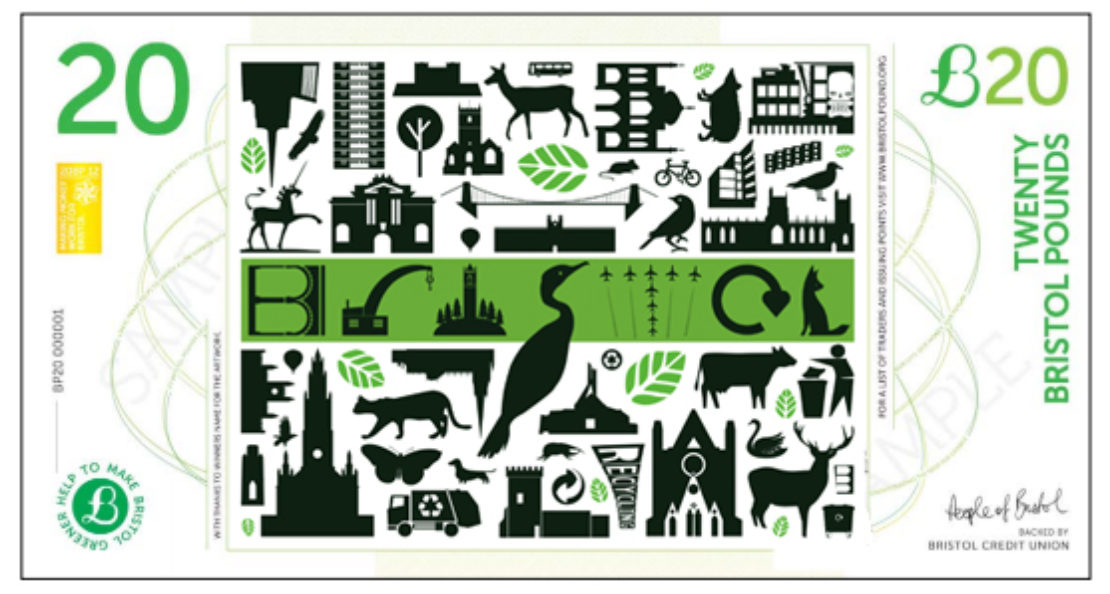
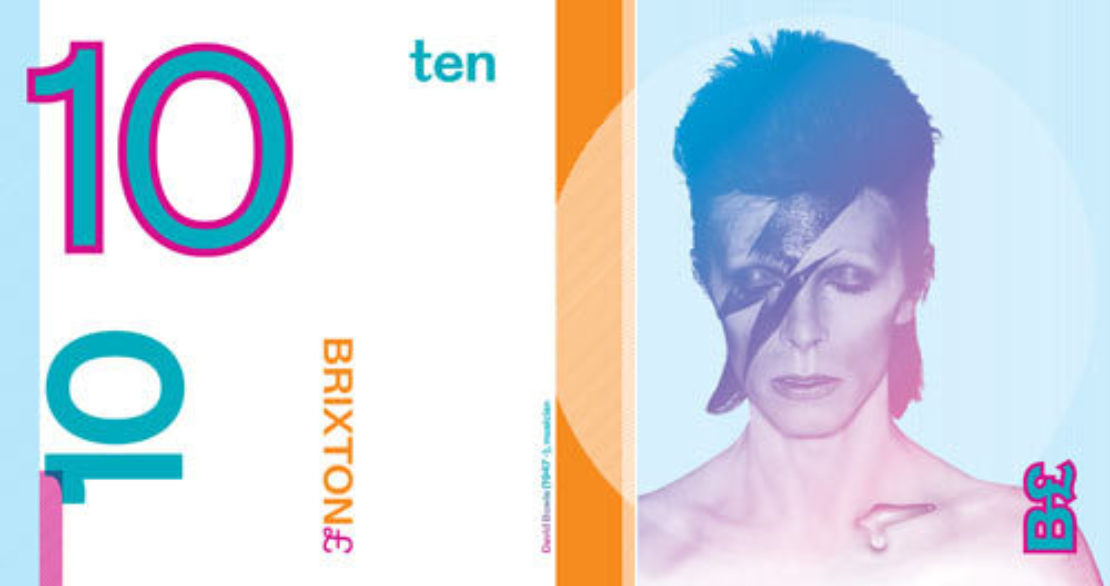
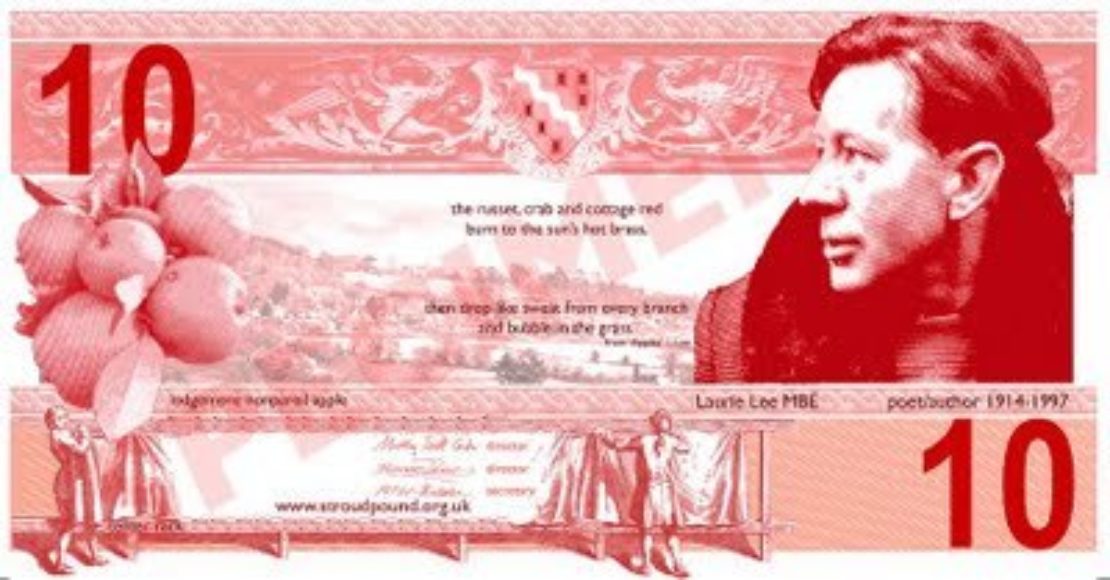
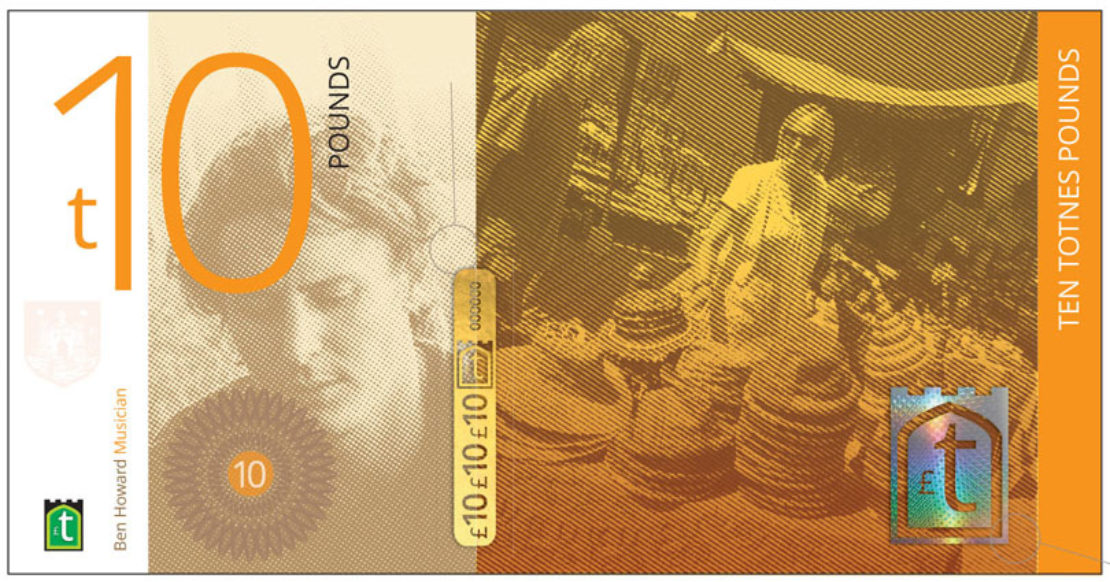
Bristol Pound users don't have high incomes necessarily, but surveys show they are engaged with their local community and they have a higher educational attainment than average. In the years since the financial crisis, as local authority budgets have shrunk, some areas have relied heavily on engaged communities to fill in gaps in public services. By contrast, deprived areas where people cannot afford time and money to put into their community have become more deprived, making them even harder for local currencies to reach.
"It is difficult to get into more disadvantaged areas," Stephen Clarke says. "We have a ten-year life expectancy gap between different parts of the city. When you go to disadvantaged areas with the Bristol Pound hat on you realise there aren't independent shops there, there's an Aldi and Lidl and that's it."
More than a third of children grow up in poverty in Glasgow. A Glasgow Pound might struggle to get poorer families to buy into a local currency that ties them to shopping at more expensive, independent shops, rather than getting deals at big supermarket chains.
More in this series
The cooperative bakery reviving Anfield The Scottish village that bought its harbourWhen Scott-Cato and her colleagues wrote about the experience of setting up the Stroud Pound, they said it was telling that complementary currencies have been accused of being a game for middle-class people, rather than a genuine economic solution.
Perhaps for that reason, experts like Duncan McCann have stopped thinking of complementary currencies as a one-size-fits-all solution. He said they can function as a kind of 'gateway drug' to introduce people to a new way of thinking about money. "That is especially for those who use it, but also for those who just become aware of it," he says.
Ciaran Mundy, CEO of the Bristol Pound, says it is important to think of the systemic impact rather than looking for targeted treatment of symptoms of economic deprivation. "Poverty has many causes," he says. "One of these is how the economy is structured in terms of how money flows out of poor areas due to high dependence on larger national and international companies paying lower wages and using offshore accounts to hide the money from the tax man."
Nothing is tying Glasgow to existing models for complementary currencies. But during the first meeting about setting up the Glasgow Pound, the workshop shows just how hard it would be to invent a new system that works for everyone.
Each table is handed a wad of Post-it notes and a piece of white paper. A table leader asks everyone to write on the Post-its what they want the Glasgow Pound to achieve. Elbowing teacups out the way, people get to work. They scrawl a dizzying number of proposals, from keeping more wealth in the local area to empowering people who feel cut out of the national economy, or to moving towards land reform and saving the environment. Team leaders try to assemble these ideas in themes to report back to the room.
On one table, Duncan McCann encourages people to urge businesses to do things they have never done before. "One of the goals should be to move businesses from where they are today into the future," he says.
After years of researc,h McCann believes the only way complementary currencies can create real value for local economies is if they make transactions happen that wouldn't otherwise have taken place.
"They need to create additional spending power. This is this what the local currencies, despite all their good points, fail to do," McCann says.
Every time a Brixton Pound transaction is made, 1.5 per cent goes into a Brixton Fund. This is used to give micro-grants of between a few hundred and £2000 to local projects and community groups. "We aim to target projects that aren't large enough to apply for more formal grant funding," says Lucy Çava, project manager at the Brixton Pound.
"We see this as part of community building – linking the Brixton Pound user with community groups, so both groups become more visible to each other through the currency and fund. This is particularly important in Brixton because of the gentrification debates which are very salient round there," Çava says.
Meanwhile, the people behind the Bristol Pound are readying a mutual credit network called Bristol Prospects. Through this network, businesses in Bristol can exchange credit in the form of loans that are neutralised within the network, helping one another to grow without relying on the high rates of commercial lenders.
Once operational, loans offered through the Prospects network will have negative interest, so that businesses are encouraged to pass credit on as quickly as possible. "That's the plan," says Clarke, "because it's rather like a hot potato: people will want to pass it on."
"We know from research that a number of small businesses in Bristol are struggling to get money on reasonable terms," says Clarke, "and that banks are not interested in smaller loans to businesses. So we think there is a strength in the Bristol Pound network to start something like this that is linked, but separate."
Duncan McCann, with all his experience, knows that challenge is worthwhile. "As people we have a right to make credit and loan money. We mustn't forget that. We mustn't leave that to corporations and the state," he says.